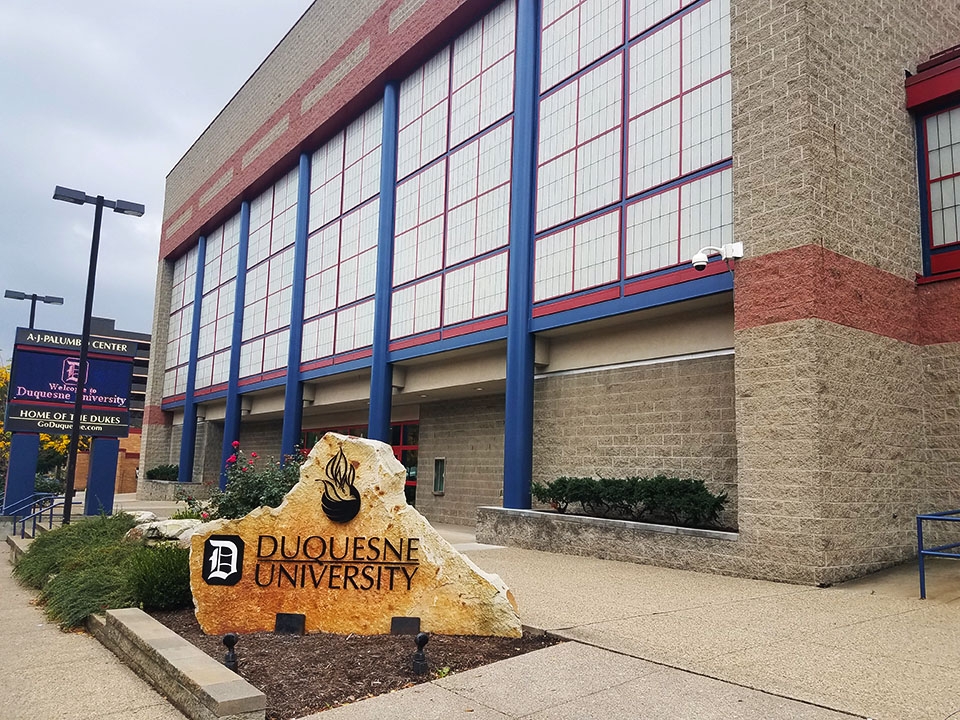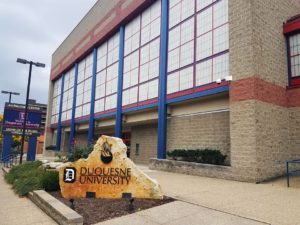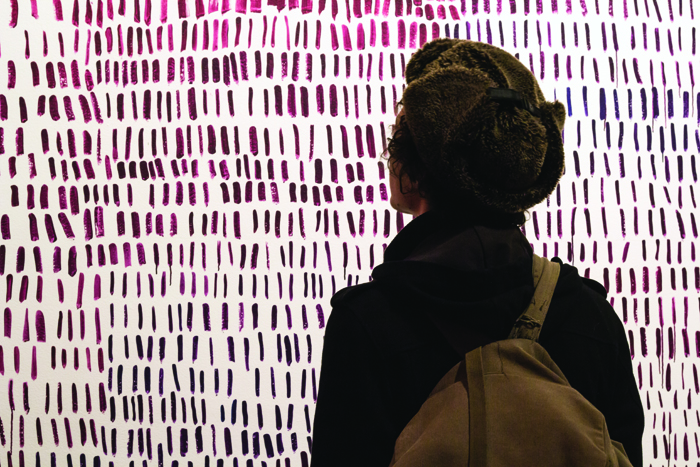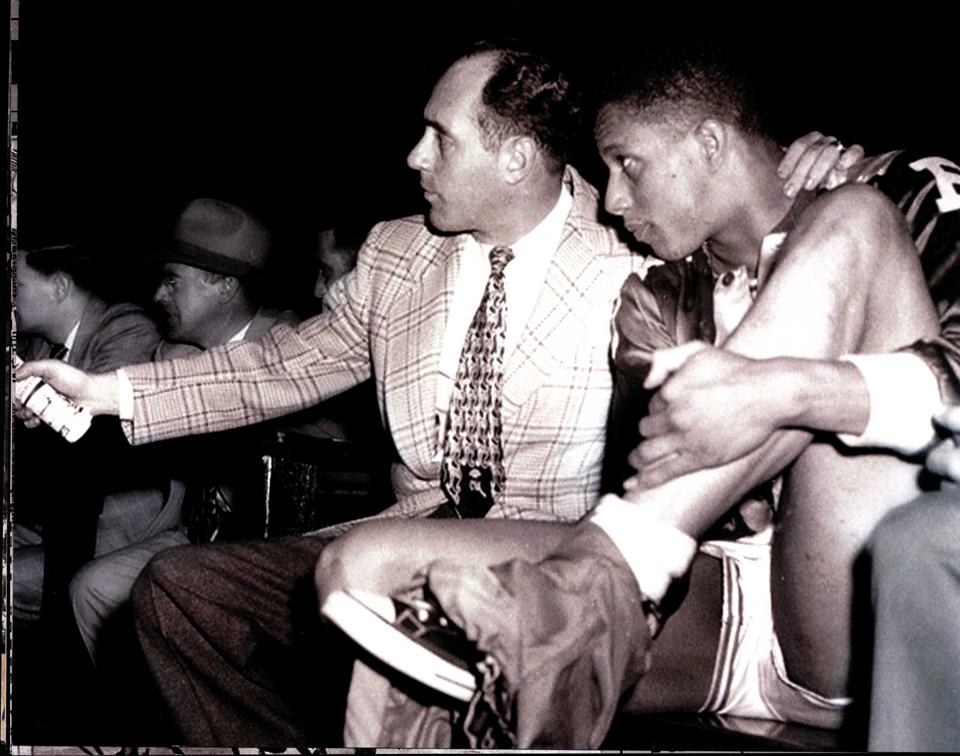

Construction began on the A.J. Palumbo Center in 1986, and it has been the home for the men’s basketball team since 1988. It was, for a time, the only mid-sized indoor venue, making it crucial for the concert scene, as the IC Light Pavillion was only open for the summer.
Sean Armstrong | Staff Writer
10/26/17
When students hear the words “AJ Palumbo Center,” their immediate relation is to our basketball team. However, once upon a time, the Palumbo Center was a surprisingly popular concert venue, hosting acts such as Tom Petty, Stevie Wonder and Elvis Costello.
It may be hard to imagine that our stadium was once a major stop for bands visiting the city, but it’s true. For a time, mid-sized venues were a rare commodity in Pittsburgh, and the history of these facilities is intricately tied with the history of the home of the Dukes.
Prior to the Center’s construction in 1988, the Syria Mosque, located in Oakland, and Stanley Theatre (now the Benedum Center) dominated as the city’s go-to mid-sized venues.
That changed when the Pittsburgh Cultural Trust purchased the Stanley Theatre to establish a home for the Pittsburgh Opera and the Pittsburgh Ballet in 1983. The Syria Mosque was also purchased by UPMC — then known as Presbyterian University Health System — and was later demolished in 1991 for a parking lot.
This scarcity of venues, according to Ed Traversari, former director of marketing, advertising and promotion for DiCesare-Engler Productions Inc., led to the need for the Palumbo Center.
“[DiCesare-Engler was] asked by Palumbo Center management if we would be interested in doing concerts at the facility when it was first built,” Traversari said. “We thought it was a perfect venue for us since at the time, the Syria Mosque was in the process of being torn down where we had been doing concerts, and it was similar in size.”
DiCesare-Engler Productions was a Pittsburgh-based company that booked and promoted talent for a variety of venues across Pittsburgh from 1973 to 1998. The company consisted of three main members: Traversari, Pat DiCesare and Rich Engler. Before selling their company to Live Nation in the late ‘90s, DiCesare-Engler managed city icons like IC Light Amphitheatre and the Civic Arena, as well as various small clubs and, of course, the Palumbo Center.
According to DiCesare, Palumbo was critical in reaching a mid-tier, but still profitable, audience. Without it as a possible venue, smaller acts that could not fill larger stadiums would have played places where they could not conceivably compete with more popular acts.
“My philosophy for concert promotion was to control the real estate in the town that you are promoting,” DiCesare said. “When [Palumbo] opened, I thought the capacity was significant and that I wanted to have control over that theater.”
As luck would have it, the Palumbo Center would continue to hold concerts until the mid 2000s. On occasion, the venue would even host more contemporary artists such as Panic! At the Disco and Fall Out Boy in Oct. of 2005.
However, Palumbo’s success didn’t last because, according to DiCesare, “you needed a promoter who had the philosophy that I did.”
“First of all, I cared about Pittsburgh, and I was concerned about all the facilities that I controlled,” DiCesare said. “I wanted those facilities to be successful. I went out of my way to bring every possible act that I thought had drawing power to Pittsburgh.”
Despite the passion and effort the group put into the concert scene and subsequently the Palumbo Center, they sold the company in 1998 because, as DiCesare explained, the concert industry changed drastically since he started.
“I could see the large national corporations taking over the concert industry,” DiCesare said. “They were causing huge increases in entertainment prices. They approached me to sell. I did. The business has changed so much since I began at the formation of rock concerts in the ‘50s.”
That is why major bands — or really any bands at all — no longer come to the Palumbo Center. It had its time for big-name concerts, but its only chance to return to the forefront of Pittsburgh venues is with the Dukes’ basketball efforts. Regardless of whether it returns to prominence or not, it will always be well known to the students and alumni of Duquesne University.




